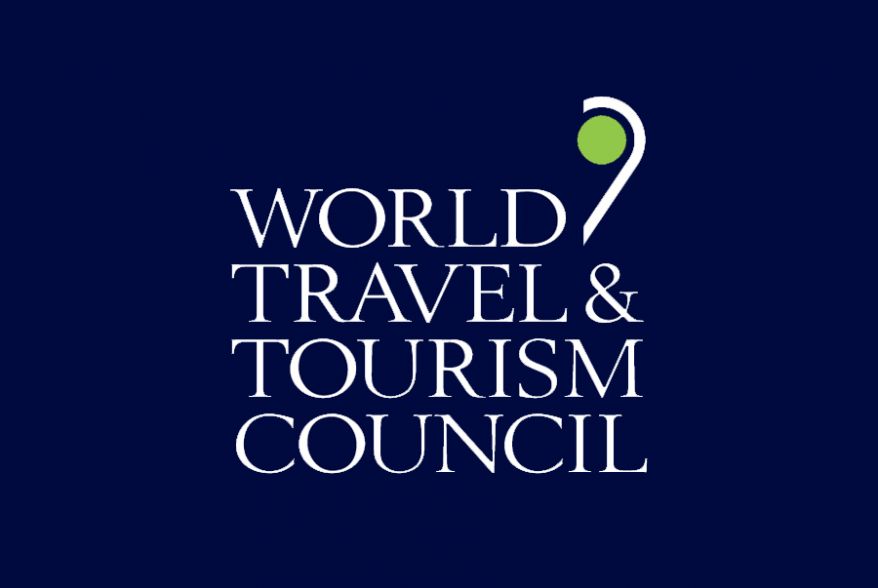

WTTC calls for government and industry partnership in response to Caribbean recovery
The WTTC Summit is about to start in Buenos Aires, Argentinas. Delegates from around the globe are checking into the Hilton Buenos Aires Hotel for this important global event of tourism leaders.
WTTC is setting the stage and issued this release today:
In response to the impact of the 2017 hurricane season on the Caribbean’s Travel & Tourism sector, the World Travel & Tourism Council (WTTC) has launched a report on Resilience and Recovery assessing the immediate and long-term effect across the region.
Analysis from Tourism Economics, an Oxford Economics subsidiary, found that Travel & Tourism is one of the most important economic sectors in the Caribbean, contributing 15.2% of the Caribbean’s GDP and 13.8% of employment. However, in around half of the countries analysed, the sector accounts for over 25% of GDP – more than double the world average of 10.4%.
The 46.7 million international visitors who visited the region in 2016 spent US$31.4 billion, which supported 2.4 million jobs. The 2017 hurricane season resulted in an estimated loss of of 826,100 visitors to the Caribbean, compared to pre-hurricane forecasts. These visitors would have generated US$741 million and supported 11,005 jobs. Research suggests that recovery to previous levels could take up to four years, resulting in an approximate loss of US$3 billion.
Quantifying the impact on Travel & Tourism post-crisis provides a level of understanding of the enormous economic contribution that the sector brings to the region and the impetus for recovery. Natural disasters will continue to hit the Caribbean, perhaps on an increasingly frequent basis as a result of climate change. As the economies of islands grow ever more reliant on the sector, it is critical that governments and destination management organisations develop strategies to minimise the long-term impact of natural disasters and encourage visitor spending to return to pre-hurricane levels of growth.
Gloria Guevara Manzo, President and CEO WTTC, commented: “Crisis preparedness and response is one of WTTC’s strategic priorities. We are delighted to present this research which helps the tourism industry, both public and private sectors, in the Caribbean quantify the potential impact of the devastating hurricanes last year and put in place partnerships and policies to help bring the region, and those islands most negatively affected, back on track.
Timeframes for recovery can be significantly reduced when governments work alongside the private sector to implement policy initiatives that are supportive for Travel & Tourism growth and long-term resilience. WTTC strongly encourages these conversations and together with our Members, we are working hard to support local communities as they rebuild and recover and ensure resilience against future crises.
Frank J. Comito, CEO and Director General, Caribbean Hotel and Tourism Association, commented: “In the autumn of 2017 the world watched on in shock at the media images of the strongest Atlantic hurricanes ever observed battering the islands of the Caribbean, one of the most tourism-dependent regions in the world. The need to demonstrate unity and leadership is especially critical in times of crisis. Actions need to be taken quickly in order to ensure a rapid recovery to those affected by natural disasters and to restore public confidence in Travel & Tourism.”
Joy Jibrilu, Chairperson, Chairman, Board of Directors, Caribbean Tourism Organization and Director General, Bahamas Ministry of Tourism, commented: “The events of last fall were tragic for so many across our Caribbean region, and our thoughts are still very much with the countries, businesses and families that are rebuilding their lives now. The best, most effective way to support this endeavour is for all of us to work together. This partnership must bring together public and private entities in our countries and region, and we must also be mindful that the progress of one country will tend to benefit our marketplace position as a region.”
